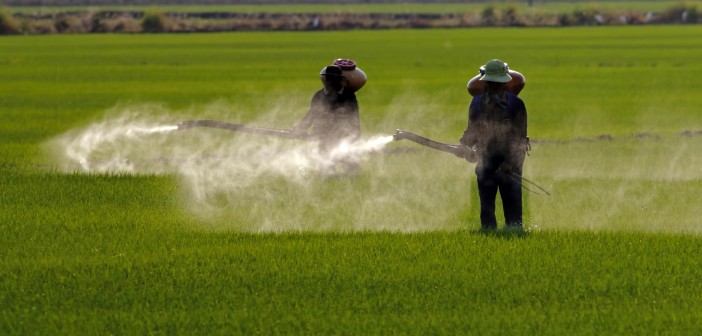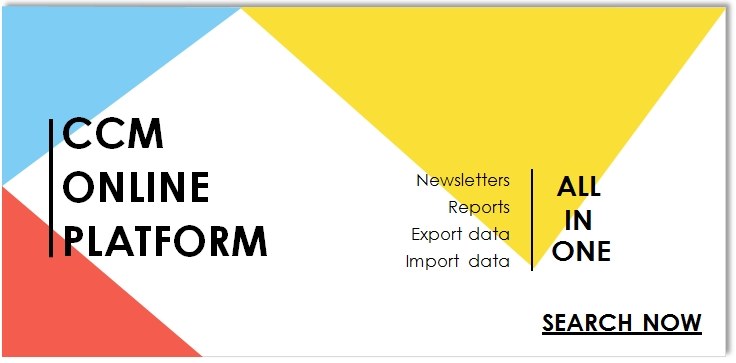According to the news on www.cnchemicals.com on
21 July, 2016, José Herrera, Minister of the Environmental Department of the
Republic of Malta announced that the country will ban the use of glyphosate.
This means that Malta is going to become the first European Union (EU) country
to ban glyphosate after the EU re-authorized glyphosate this month.

Source: Bing
In fact, Malta always stands firm on the
issue of banning glyphosate in the EU markets. At the meeting held in
early-June, Malta was the only EU country to vote against re-authorizing
glyphosate. In the meantime, some countries like France and Germany abstained
from voting. Finally, the EU agreed to re-authorize glyphosate for further 18
months.
Then in late-June, France changed its position. Malta hopes other EU
countries can seize this opportunity to make European agriculture much safer
and more environmentally friendly. Citizens of Malta also agreed to the
governments' decision and called this the "victory of the civil
society" as the government had taken advises of related experts and
individuals to protect the agriculture.
However, CCM believed that other countries
would not follow Malta to ban glyphosate.
On one hand, although Malta has voting
right for some regulations about glyphosate, the EU has not initiated any vote
about banning glyphosate throughout the EU. On the other hand, Malta's
international influence in the glyphosate industry is not strong enough.
Malta's economy is supported by service and finance industries mainly, not
agriculture.
What's more, as Malta has a small land area of about 316 km2, and
small cultivated area, glyphosate consumption remains very low. Coupled with
quite different economy development conditions between Malta and other
countries, Malta's decision won't play such an important role in guiding other
countries to ban glyphosate.

According to the Ministry of Commerce of
the People's Republic of China, EU members accepted the limitations of using
glyphosate in the EU at a meeting held on 11 July. Specifically, auxiliary
POE-tallowamine is not allowed to add into glyphosate-containing pesticides
(including Roundup, a brand name product of Monsanto Company), and all member
countries should adjust their local legislation to meet this requirement.
Furthermore, they should limit the use of glyphosate in parks, playgrounds and
other specific areas, strengthen the inspection on the use of glyphosate before
harvesting, and pay more attention to protecting groundwater and domestic
water.
On 29 June, the EU decided to re-authorize
glyphosate for further 18 months, so as to provide convenience for the European
Chemicals Agency (ECHA) to make sure whether glyphosate is harmful to human
health until the ECHA gives definitive opinions on 31 Dec., 2017 at the latest.
Nevertheless, Hogan, a member of EU Agriculture Commission condemned that EU
member countries did not make a clear decision. "Re-authorizing glyphosate
for further 18 months is just a measure to ensure the sustainable use of
glyphosate, but it is not an ideal decision for customers," said Hogan.
This article comes from Glyphosate China Monthly Report1607, CCM

About CCM:
CCM is the leading market intelligence provider for China’s
agriculture, chemicals, food & ingredients and life science markets. Founded in 2001, CCM offers a
range of data and content solutions, from price and trade data to industry
newsletters and customized market research reports. Our clients include Monsanto,
DuPont, Shell, Bayer, and Syngenta. CCM is a brand of Kcomber Inc.
For more information about CCM, please visit www.cnchemicals.com or get in touch with us
directly by emailing econtact@cnchemicals.com or calling
+86-20-37616606.
Tag: glyphosate